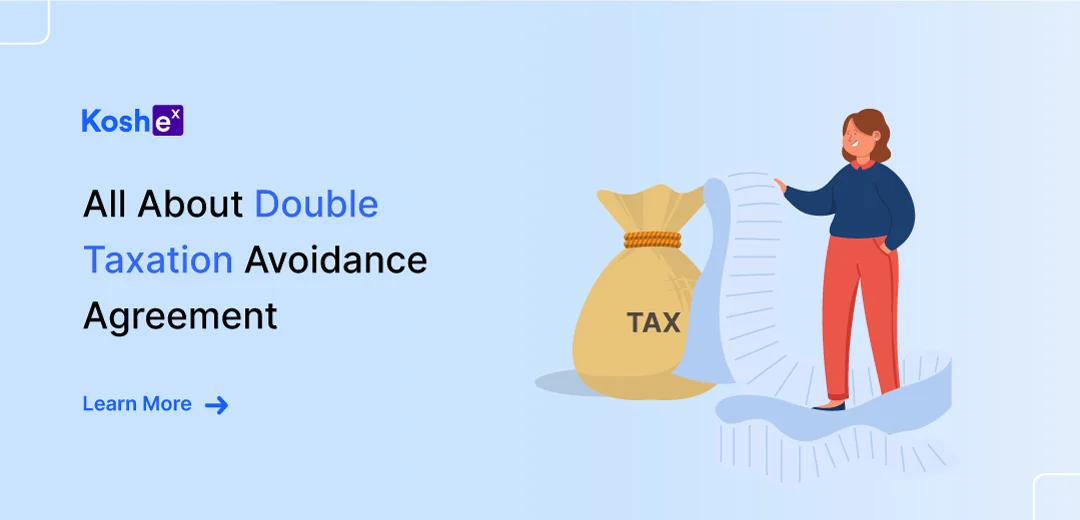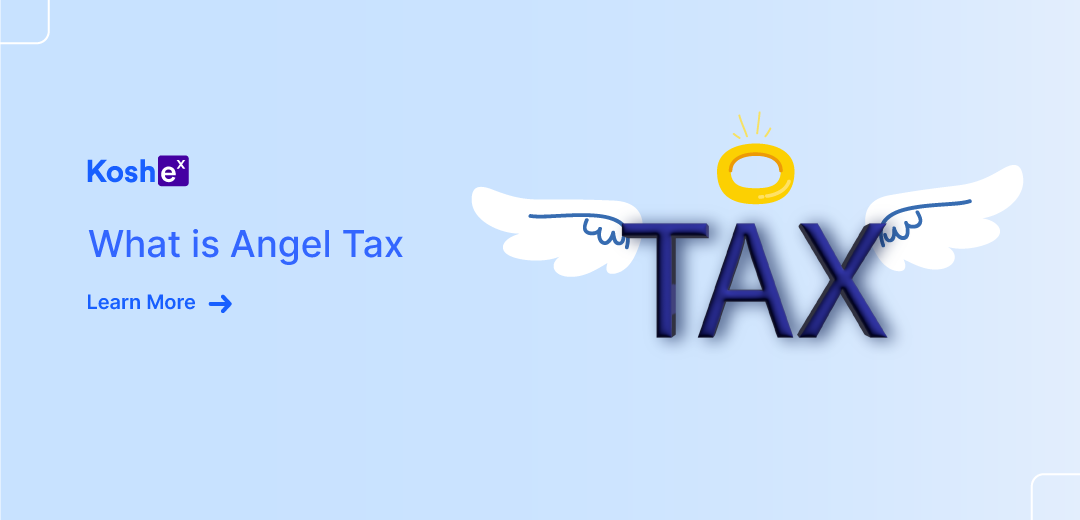When you work in a country and earn income there, you are liable to pay taxes. However, if you are an NRI (Non-Resident Indian) who is earning income in a different country, paying taxes in the foreign country and your home country might be difficult.
That’s where DTAA comes in. DTAA is a treaty that helps NRIs, who are working in other countries, to avoid paying double taxes on income earned in both their country of residence and India. In this article, we will learn what this agreement is, how it works, and its benefits.
What Does Double Taxation Avoidance Agreement Mean?
The Double Taxation Avoidance Agreement, otherwise known as DTAA, is a tax treaty signed between two or more countries to help taxpayers avoid paying double taxes on the same income. A DTAA is applicable if you are a resident of one nation, but earns income in another. There are 80 countries which India has this agreement with.
Is DTAA actually needed? If a person is looking to do business in a foreign country, they may end up paying income taxes in both places, i.e. the country where the income is earned and the country where the individual holds their citizenship or residence.
For example, if you are moving to the U.S. from India while leaving income sources like interest from deposits here, you will be charged interest by both India and the U.S. as per our consolidated global earnings. In this scenario, you may pay twice the tax over the same income. This is where the DTAA becomes useful for taxpayers.
What Are The Types Of Income Under DTAA?
Below are the income of NRIs that come under DTAA:
- Income earned for providing any service in India
- Salary received by them in India
- Any income from a house or real estate property located in India
- Capital gains earned from the sale or transfer of capital assets in India
- Interest from the time deposits in India
- The interest income earned from savings bank accounts located or situated in India.
What Are The DTAA Rates?
The DTAA is signed by India with different countries and fixes a specific rate at which tax has to be deducted from income paid to residents of that country. This means that when NRIs earn an income in India, the TDS applicable would be according to the rates set in the Double Tax Avoidance Agreement with that country.
Nearly 85 countries have signed the DTAA agreements with India. These countries have removed the obligations of paying double taxes. Here, the TDS rates applicable on interest earnings can range between 10% to 15%. The levied rates can range up to 15%.
What Are The Advantages of DTAA?
There are several advantages of DTAA. Here are a few of them.
Avoiding Dual Taxation
The main aim of DTAA is to make the country attractive for investments by providing tax benefits and avoiding double taxation. For example, if an information technology company from the U.S. invests in India, where will the company pay taxes? The DTAA between countries makes sure that there is no double taxation. Hence, the U.S. company will effectively pay taxes in only one country.
Lowering Tax Rates
According to provisions of DTAA, taxpayers can take advantage of lower or concessional rates of tax in some situations. The interest, royalty, and other income that they earn in India are subject to lower TDS deductions. For example, interest earned on NRI bank deposits attracts TDS (tax deducted at source) of 30%. However, under the DTAAs that India has signed with other countries, tax is deducted at 10-15%.
Getting Tax Exemption
India’s DTAA with many countries such as Singapore, Mauritius, Cyprus, etc., allows exemption from capital gains tax. It is a big advantage for investors as they can lower their tax liability and increase investment.
Receiving Tax Credits
DTAA can offer tax credits. These credits can be available either in the home country or the source country. Individuals can claim tax credits and this can help them avoid paying taxes twice.
How To Claim DTAA Benefits In India?
The procedure to claim DTAA differs depending on your residence country. Here’s how you can claim the benefit in India if your resident country is different. A tax residency certificate (TRC) or Form 10F received from the tax authorities of the other nation where the non-resident assessee resides must be submitted.
As we have mentioned before, the income will either be completely exempt or subject to a reduced tax rate. If it is taxable under the DTAA agreements, the non-resident assessee must pay the tax in India before claiming a refund against the tax debt in their residence. Also, they may request tax relief under Section 90 if there is a DTAA with the country, or if there is no DTAA, tax relief under Section 91 may be requested.
What Are The Documents Required To Avail The Benefits Under DTAA?
In order to take advantage of the tax benefits provided by the DTAA, NRIs who live in any of the DTAA nations must timely submit the following documents each fiscal year by the deadlines:
- Indemnity or self-declaration form
- Self-attested PAN card copy
- Self-attested visa and passport copy
- PIO proof copy (if applicable)
- Tax residency certificate
As per the Finance Act 2013, an individual will not be entitled to claim any benefit of relief under DTAA unless they provide a TRC to the deductor. If you wish to receive TRC, an application has to be made in Form 10FA (Application for Certificate of residence for the purposes of an agreement under Section 90 and 90A of the Income Tax Act, 1961) to the income tax authorities. Once the application is successfully processed, the certificate will be issued in Form 10FB.
In The End…
The Double Taxation Avoidance Agreement offers great benefits to NRIs, who are earning income in their home country and in a different country. DTAA prevents tax avoidance, evasion, grant relief and avails tax credits. It also improves the co-operation between two different taxing authorities and attracts foreign investments by offering relief from dual taxation. It also exempts certain incomes in both the countries and to further lowers the applicable tax rates on certain incomes.
We hope this article helped you understand what DTAA is, how it works, its benefits, and how NRIs can claim its benefits. If you wish to learn about personal finance topics such as budgeting, money management and improving your financial skills, head over to our Blogs section. If you wish to learn about different investment instruments like Mutual Funds, Fixed Deposits, Digital Gold, and Smart Deposits, read the detailed blogs on our website. We have all the resources you need to improve your financial skills and make informed investment decisions.
Want to start investing? Create a free Koshex account with us in less than 30 seconds and kickstart your investment journey with us today. We help everyone track their net worth, build better savings habits, and invest in personalized recommendations. Witness the power of early investing with Koshex.
We are truly built for every Indian Super Saver – Join our growing community today.









Leave a Comment